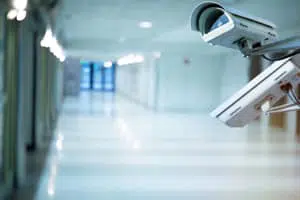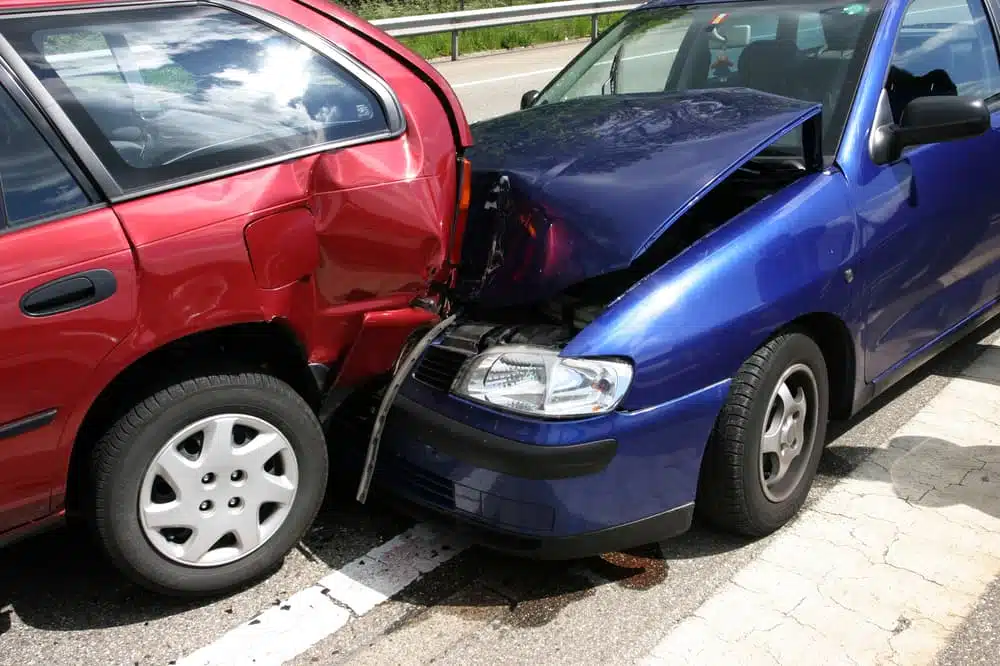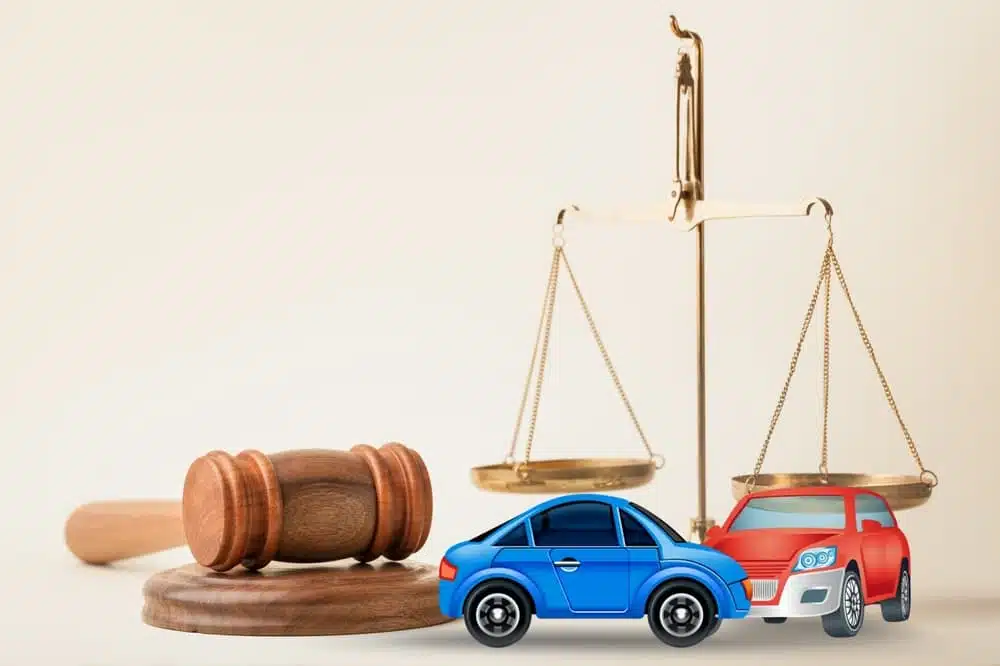
“Safe Care Cam” Will Help Protect New Jersey Seniors
Given that many seniors in New Jersey who endure elder abuse suffer harms at the hands of an in-home caregiver, it is often difficult for those outside the home to know about the elderly adult’s condition. What can the family members of these seniors do if they are concerned about elder abuse and neglect? According to a recent article in Shore News Today, there is a new program in New Jersey, which was established by Attorney General Christopher S. Porrino and the Division of Consumer Affairs, which aims to “ensure that New Jersey residents who suspect their loved ones are being abused by unscrupulous home health care providers have access to the latest technology in micro-surveillance cameras that can easily be hidden to detect abuse and protect patients.”
What is this program and how does it work?
The New Jersey program is known as the “Safe Care Cam” program. It provides micro-surveillance cameras, on loan, to individuals who have concerns about abuse or neglect perpetrated by in-home healthcare workers, particularly those that spend a significantly long time with the elderly person and often in a one-on-one situation. The footage from a “Safe Care Cam” micro-surveillance camera may be able to help determine if there is elder abuse or neglect taking place or help to alleviate concerns of worried family members.
In some situations, the footage may provide users “with proof that immediate protection intervention is necessary.” As Porrino explains, “anyone who suspects a loved one is being abused by an in-home caregiver should not be left to feel helpless or without recourse.” Indeed, cameras may be able to help as Porrino says: “Cameras don’t lie, and the abuses they’ve revealed are shocking. But a quality micro-surveillance camera is expensive and many people simply can’t afford them. So we’re offering the use of these cameras free of charge to those who wish to confirm that their loved ones are safe and well cared for in their absence.”
Learning More About Elder Abuse
How common is elder abuse? What else should family members know about elder abuse and neglect? According to a fact sheet from the National Council on Aging (NCOA), elder abuse can mean physical abuse, emotional abuse, sexual abuse, neglect, and abandonment. Sometimes the term elder abuse is also used to refer to financial exploitation of seniors. The following are some important facts and figures about elder abuse:
- About 10% of seniors are known to have experienced elder abuse, but some experts believe that about 5 million seniors suffer some form of abuse every year;
- Some studies indicate that elder abuse is grossly underreported, potentially with as few as one out of every 14 cases being report to the proper authorities;
- In about 60% of elder abuse cases, the perpetrator is a family member; and
- Warning signs can vary greatly depending upon the form of abuse, ranging from physical wounds and bruises to emotional withdrawal.
If you are concerned about an elderly loved one’s safety, visit the Safe Care Cam program to pick up a camera on loan for 30 days. And if your loved one has been injured as a result of abuse or neglect, contact an experienced elder abuse lawyer to determine his or her rights.



